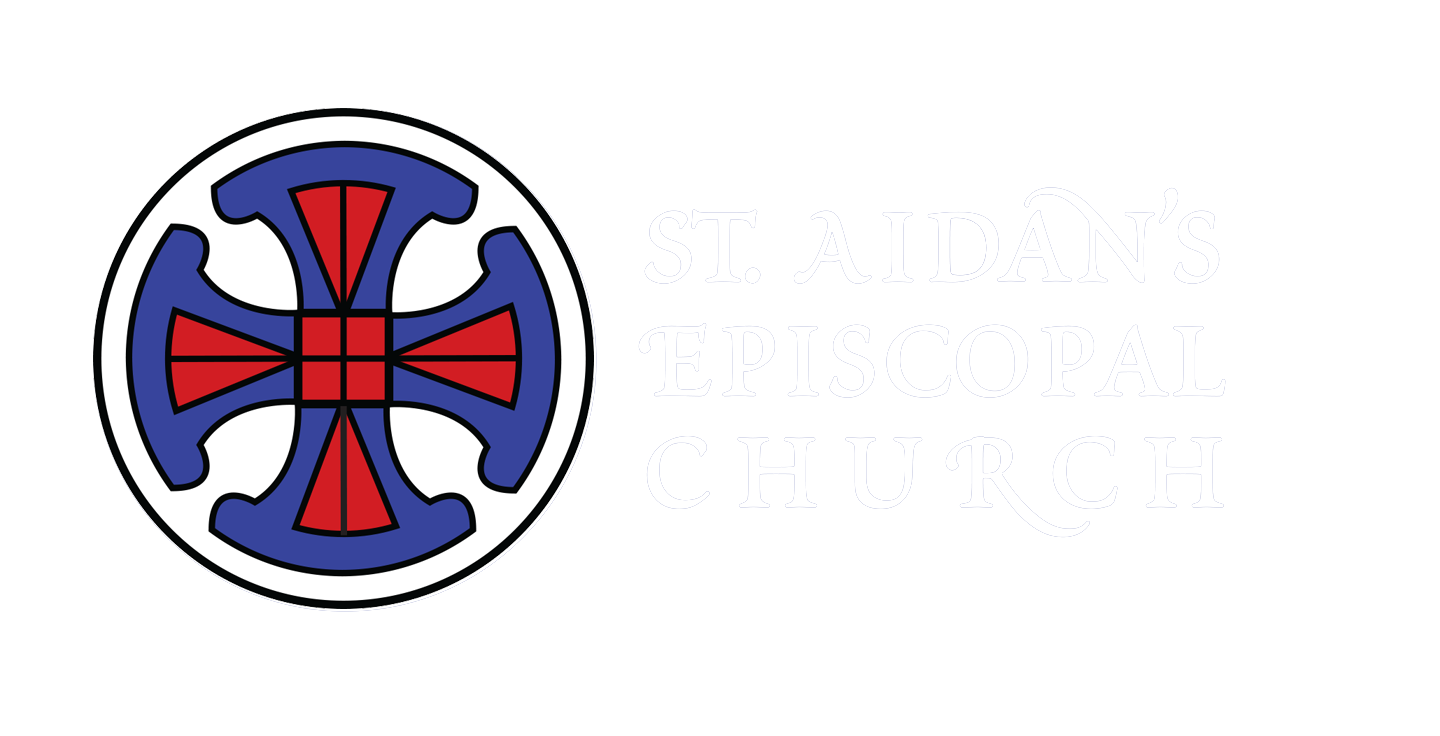Walking in Fear and Hope, May 25, 2025
I have been thinking a lot about community these days. God created us for community, and yet much of what is in the news and all over social media is intended to divide us.
We had a choice of gospel passages for this morning. Most preachers chose the other one, but I wonder if this story has something to teach Christian communities like ours.
This is one of the familiar healing stories from the Gospels, the story of the man who needed help to get to the healing waters and wasn’t getting it. Jesus intervenes; take up your mat and walk.
I have visited the site where this story takes place, in the Old City of Jerusalem. Like a lot of holy sites, the actual pool is many layers below what is now the surface, but it is possible to descend down a lot of stone steps to the pool itself, which was probably at one time one of the magical natural springs that occur under the City of Jerusalem. People would have gone there regularly for healing because natural springs—places where the water was “troubled”—were thought to be places of healing.
Jesus doesn’t say to the man “quit your whining and get yourself over to the spring!” He doesn’t call out to some passersby to say “hey, help this guy!” What he does is bypass the healing waters altogether.
What was Jesus doing there? We don’t know. He might have been passing through. He might have been hanging out where people who were ill hung out, because in his day illness was considered punishment from God. For him to gravitate toward, rather than avoid places like that was in itself a way to restore people to themselves, to God, and to their community. We also don’t know whether the man got up and walked to the healing waters, or whether he was healed by Jesus and no longer needed any other kind of healing. The gospels are silent on what kind of integrative medicine Jesus practiced.
We do know—because the bible tells us so—that this occurred on a sabbath. That would have signaled to John’s early readers, and to us, that Jesus is going to get in trouble. Restoring people to community who have been cast out by that community does not always sit well with everyone. And, in fact, a few verses after the story we just heard, we read:
The religious authorities started persecuting Jesus, because he was doing such things on the Sabbath. 17 But Jesus answered them, “My Father is still working, and I also am working.” For this reason they sought all the more to kill him, because he was not only breaking the Sabbath but was also calling God his own Father, thereby making himself equal to God.
It is not uncommon for people to get into trouble when they preach and practice liberation. I’m sorry to say I’ve been watching “The Handmaid’s Tale.” The whole series is about liberation. This passage made me think about when Serena Joy gets her finger cut off because she wants to reclaim for the women in her community the right to read. Liberation can be dangerous, and religious persecution is real. It persists throughout the world and even in this country, with widespread collective fear and mistreatment of immigrants from Islamic countries.
Last week I spoke about a church where everyone has a seat at the table, a gospel of “y’all come.” I spoke about churches that function as centered sets, where God is in the middle, and churches that function as bounded sets, where the church walls are a boundary between who is in and who is out. Being centered on God with porous boundaries or no boundaries at all is the gift that Jesus left for us as a Christian community. And yet, the fear of the other creates divisions, creates us and them, insiders and outsiders.
The earliest Christians were treated with suspicion and were oppressed. Suffering and death was not just all around the Christian community, it was what it meant to be that community. There may be exceptions among us, but for the most part it is hard for us to imagine being victims of persecution or suffering and dying because of our faith. Part of our role, I think, is to bring understanding and compassion to people who are afraid, and to people who are the objects of others’ fear.
As American Christians in the 21st century, we may not be in danger of persecution for our faith, but we may have other fears: the fear of obscurity, the fear of not being able to make a difference, the fear of death—especially the fear of death—or the fear of dying before we are reconciled with someone or some part of our life. The fear of losing something important to us.
As I contemplated this morning’s gospel, I wondered about Jesus speaking to others, and maybe even whole communities, the way he spoke to the man paralyzed by the waters. We all have our own version of picking up our mat and walking. Imagine, for a moment, Jesus saying to you: Pick up your mat and walk. What does that look like? It might be walking away from a particular fear or resentment. It might be stretching more deeply into community. What if Jesus came to St. Aidan’s and said: St Aidan’s Parish! Pick up your mat and walk? What would he have us do? God made us for community, and for bearing hope and fear together. Let us boldly walk from here out into the world spreading that community and hope.
